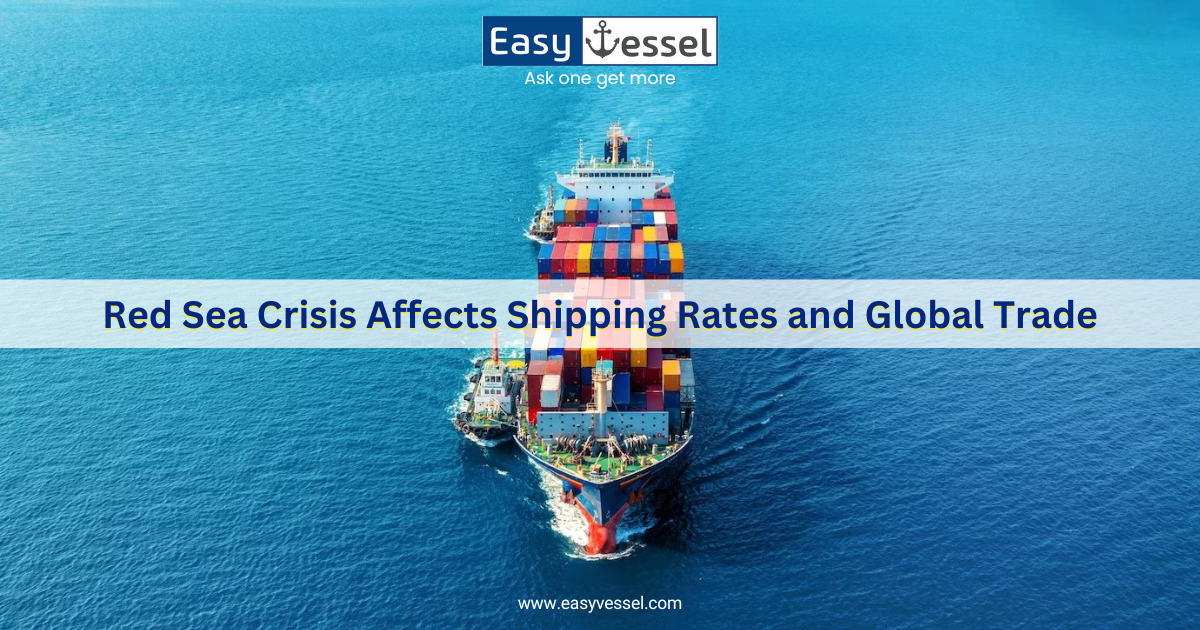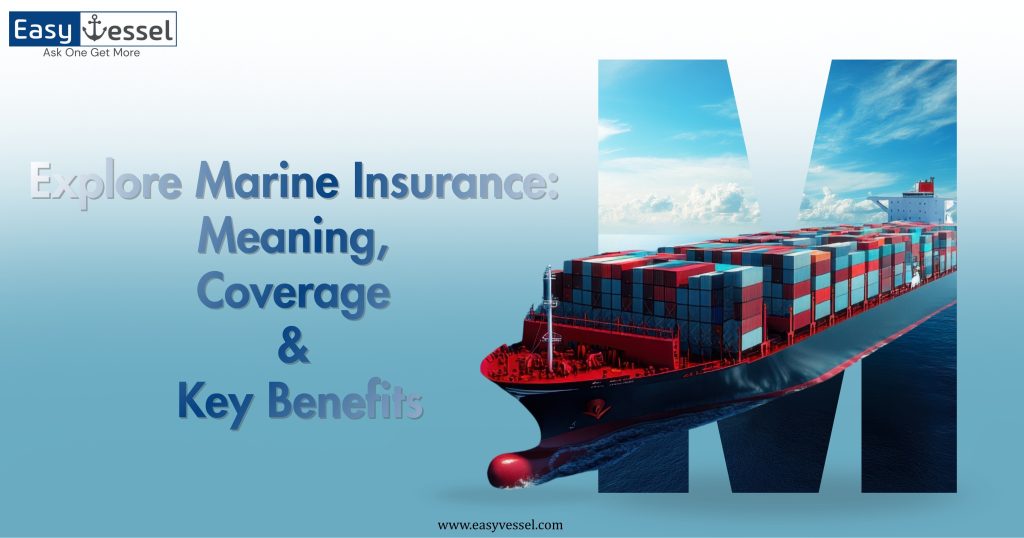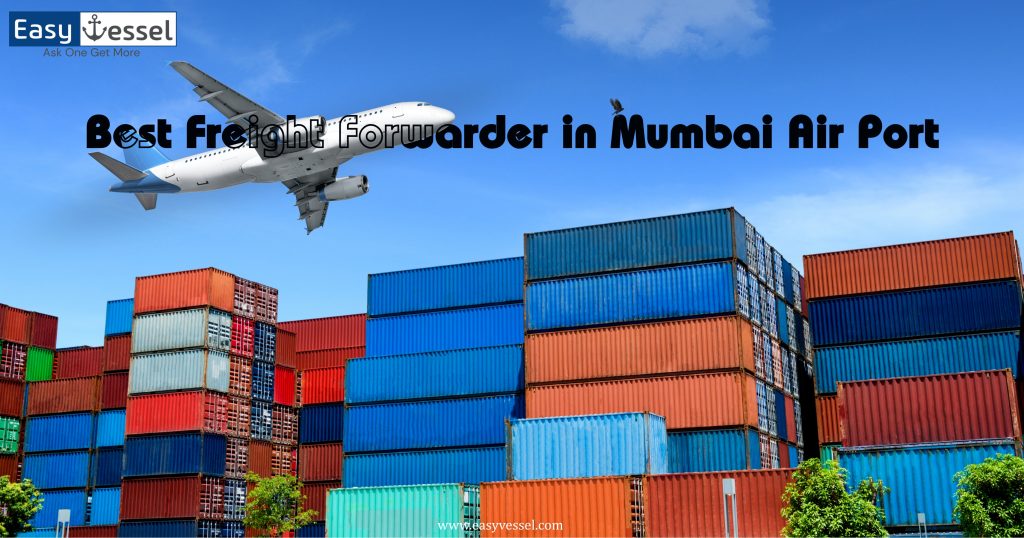- The Red Sea’s increasing pirate activity poses a significant challenge to Europe’s crucial trade routes.
- The Red Sea is a key route for global trade, but it’s facing more problems lately.
- The Red Sea has become a main point of disruption due to the Israel-Hamas conflict, leading to significant shipping delays and a surge in commodity prices.
- Iran-backed Houthi militants’ attacks on commercial vessels in this crucial waterway have compelled shipping companies to reroute cargoes, resulting in higher container costs and extended delivery times.
- This upheaval in maritime trade patterns poses inflation risks and economic challenges.
- This is a big deal for European countries that depend a lot on this route for trade.
- Let’s explore how these attacks affect the cost of shipping goods to Europe, Maritime piracy has resurfaced as a threat, impacting global trade, specifically the transit of goods destined for Europe.
Affect Shipping Cost:
- The Red Sea is a busy route, with over 17,000 ships passing through each year.
- Many use it to get to the Suez Canal, a crucial link between Asia and the West. But things have gotten complicated lately.
- Ships carrying goods from North Asia to the UK, using the Red Sea and Suez Canal, now face sky-high prices.
- The cost of shipping containers has hit record highs this year, and insurance for these routes has also become more expensive.
- Some shipping companies don’t want to deal with these high costs, so they’re choosing a longer journey around Africa instead. But this alternative means more money spent and up to two extra weeks at sea.
- The shipping disorder has led to a “red alert.”
- Previously priced at $500 per container, the current additional cost per container stands at approximately $2,000 to $2,500 due to the Red Sea crisis.
- This marks a substantial 40% increase in shipping expenses compared to standard container rates.
- This increase is affecting everyone involved in importing and exporting goods, leading to higher prices and causing problems for the economy and shipping in general.
Redirection of Shipping Routes:
- Attacks by Houthi militants in the Red Sea have forced shipping companies to opt for longer routes around Africa instead of the shorter Suez Canal passage.
- This redirection significantly escalates shipping costs and prolongs delivery times, impacting the global trade landscape.
Economic Implications on Global Trade:
- The Red Sea, responsible for about 14% of global maritime trade, plays a pivotal role in international shipping.
- Economies heavily reliant on these disrupted shipping lanes, such as Greece, Jordan, Sri Lanka, and Bulgaria, face substantial trade disturbances.
Trade Disruptions:
- Over 20% of containers passing through the Suez Canal transport goods from Asia to Europe and the Mediterranean, signifying a significant trade volume affected by the rerouting.
- Estimated additional travel time of seven to 10 days for diverted ships navigating around Africa underscores the logistical challenges faced by shipping companies.
Economic Assessment Amidst Disruptions:
- Although the cost of sending a 40-foot container from Shanghai to Rotterdam surged by 44% since late October.
- And over 26% to Genoa, the current levels remain comparatively lower than the peaks experienced during the pandemic in 2021 and 2022.
Conclusion:
In conclusion, Red Sea disruptions due to conflicts impact global trade with increased container costs, prolonged delivery times, and trade disturbances. Each container rate increased 40%, now ranging from $2,000 to $2,500 per container compared to the previous $500.
Easyvessel is the best online platform to connect importer exporters with multiple freight forwarders to get the best freight rate worldwide with 0% commission.
Save time and work with professionals through Easyvessel.
References:
Frequently Asked Questions
Red Sea attacks refers to recent pirate activity and attacks by Houthi militants disrupting shipping routes in the Red Sea, a crucial waterway for global trade between Asia and Europe. These attacks force ships to take longer, costlier detours around Africa, impacting everything from container costs to delivery times and ultimately, consumer prices.
Houthi militants and pirate groups are known to attack ships in the Red Sea.
Red Sea alert can impact shipping rates due to increased risks, potentially leading to higher insurance costs and longer routes.



